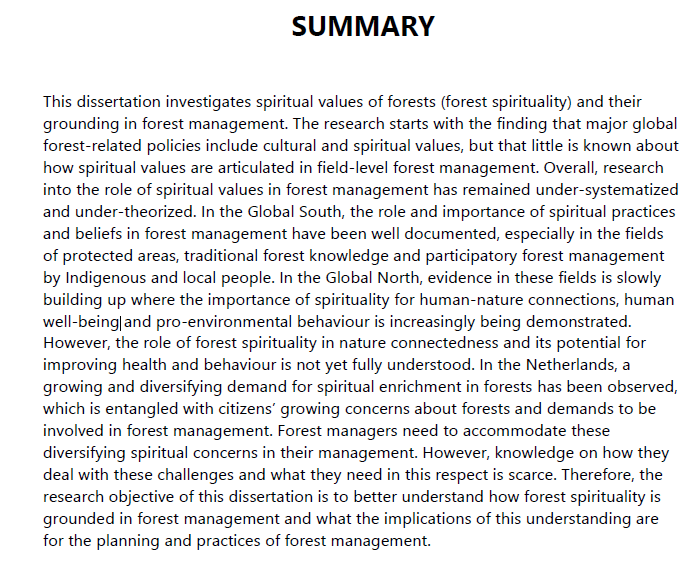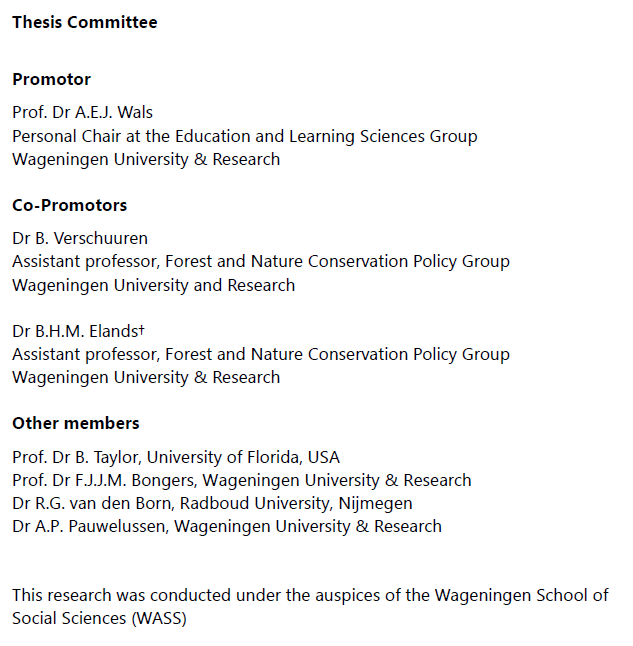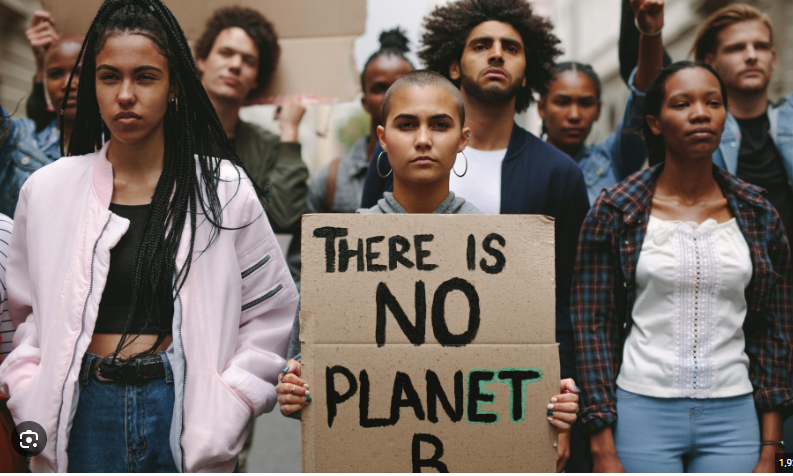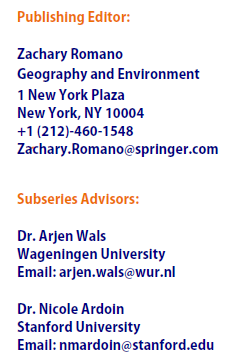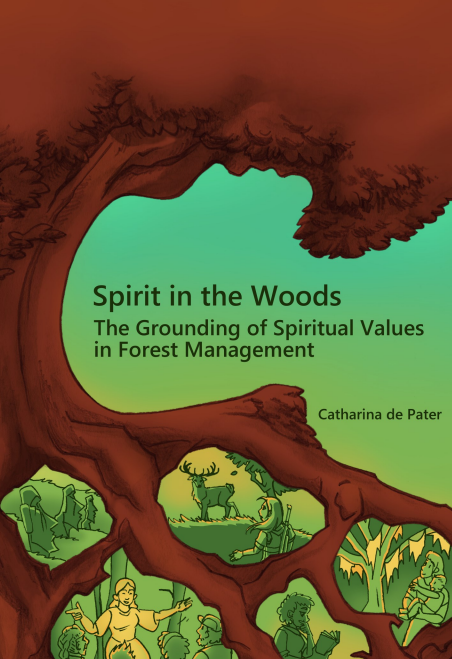
Last Tuesday – April 16th, 2024 – was a special day as the day before her 72nd birthday, Cathrien de Pater received her PhD-degree with some goundhealing research on the role of spirituality in forest management. What used to be a taboe topic in the world of academia, now receives the attention it deserves as we are grappling with finding more sustainable ways of living. The defense took place in a full auditorium at Wageningen University and was preceeded by a symposium featuring Prof. Bron Taylor, University of Florida, founder of the International Society & Journal for the Study of Religion, Nature and Culture, Ms. Shaohua Wang MA, University of Barcelona, PhD researcher in Spiritual Tourism and Prof. Vykintas Vaitkevicius, Klaipeda University, Lithuania, author of Studies into the Balts’ Sacred Places.
It was a pleasure and an honour to be Chairing Cathrien’s dissertation committee, together with co-promotor Dr. Bas Verschuren of the Forestry and Nature Conservtaion Policy Group at WUR. I would like to acknowledge in particular the role of the late Dr Birgit Elands who played a key role in the early stages of this research but sadly passed away too soon to see this journey come to a close. Fortunately both Birgit’s spirit will travel further through the wonderful work Carthrien has done over the years and will concitnue to do in the years to come.
Below you find the introductory part of the summary of the dissertaion. The full dissertation will be made available via the Wageningen UR Library.
